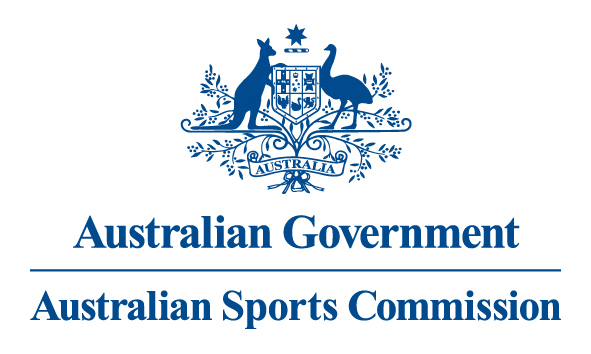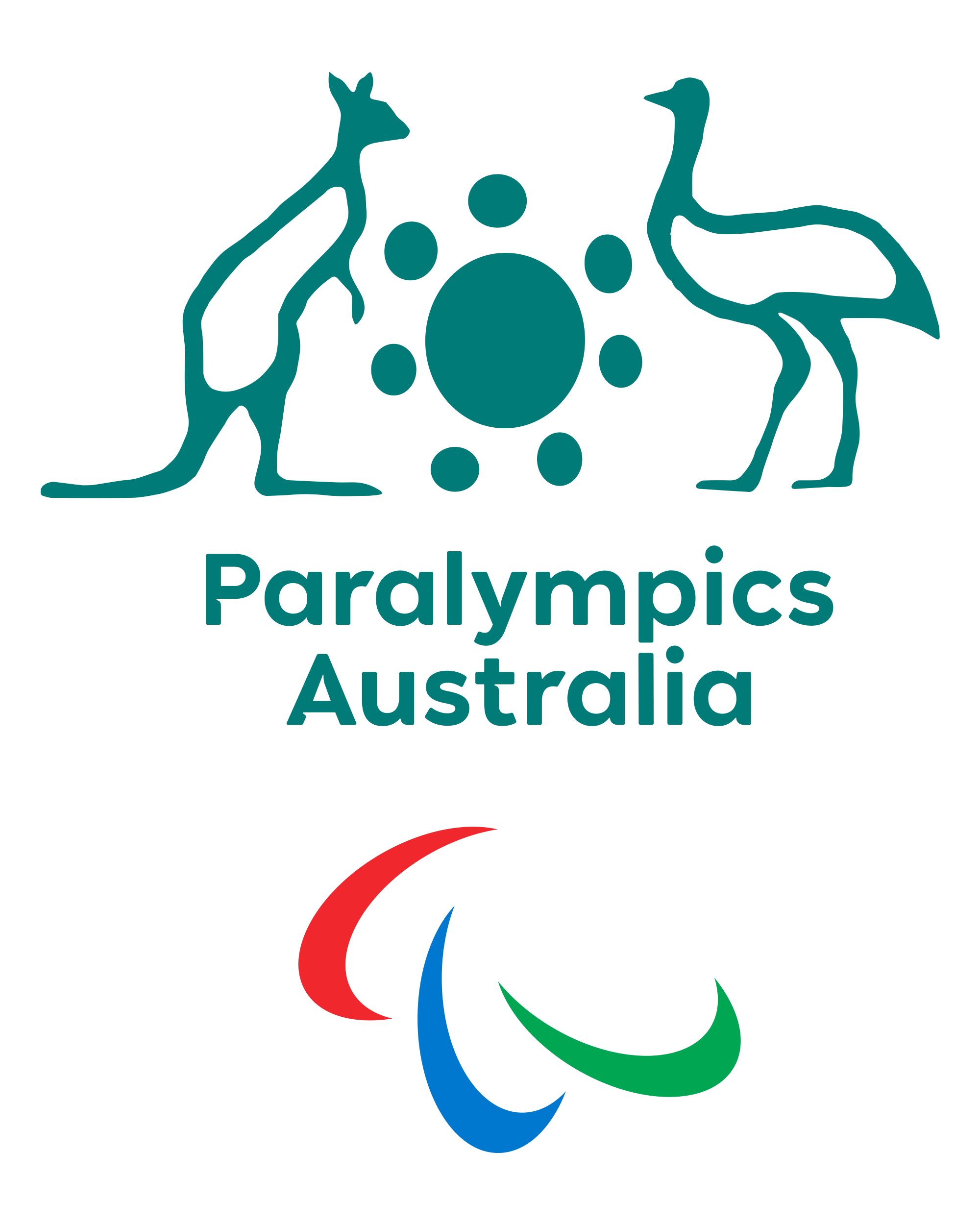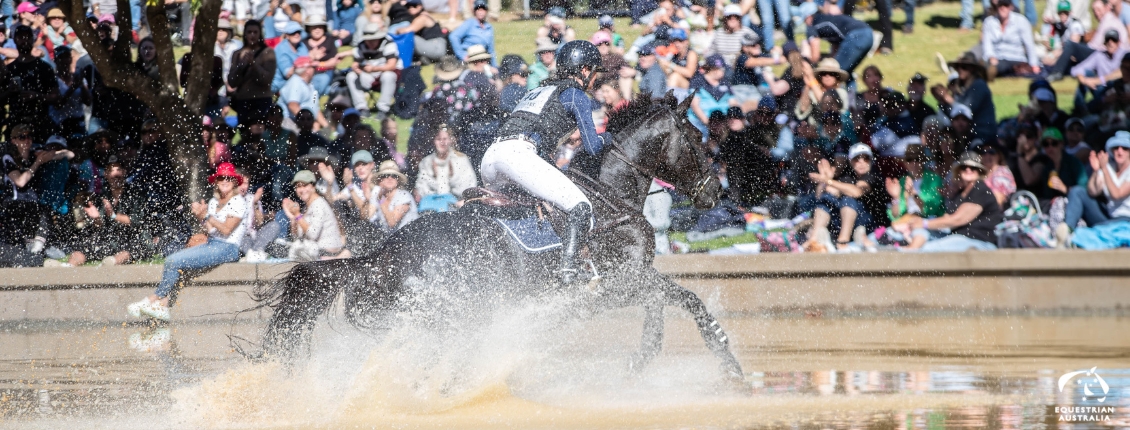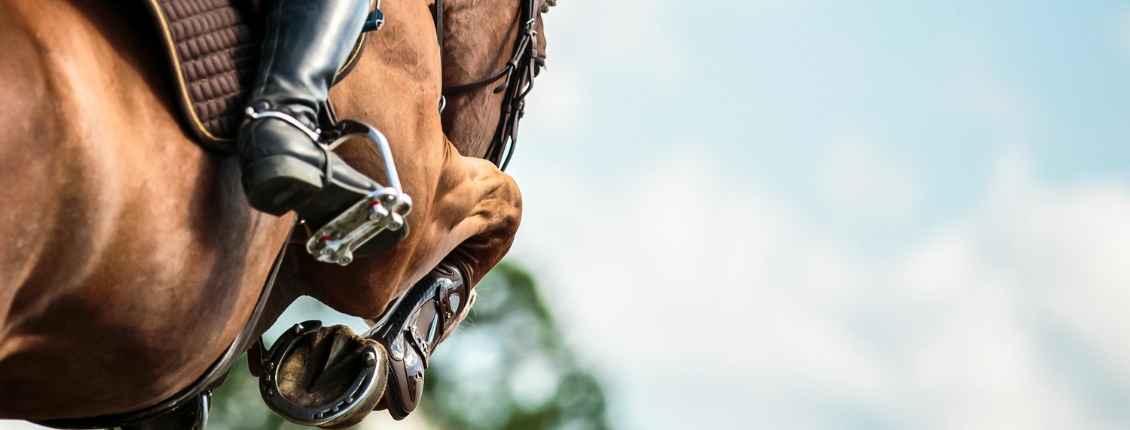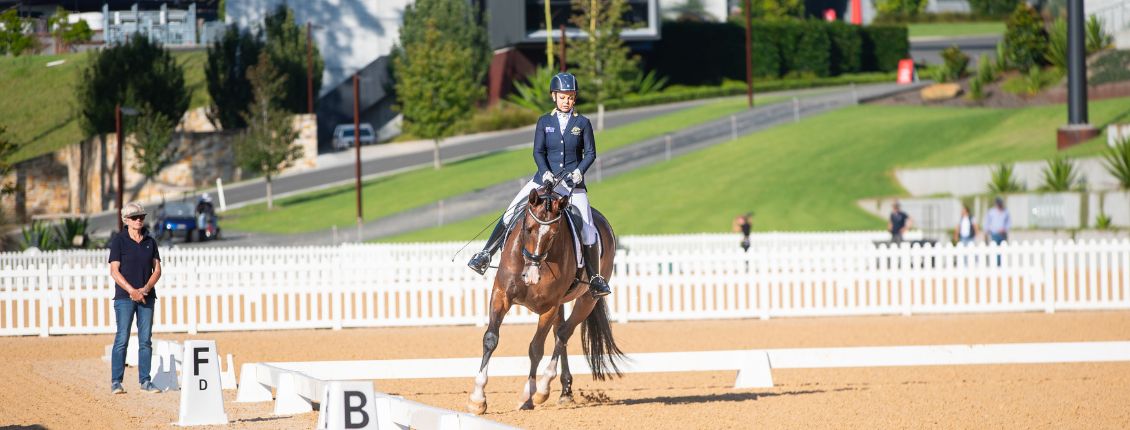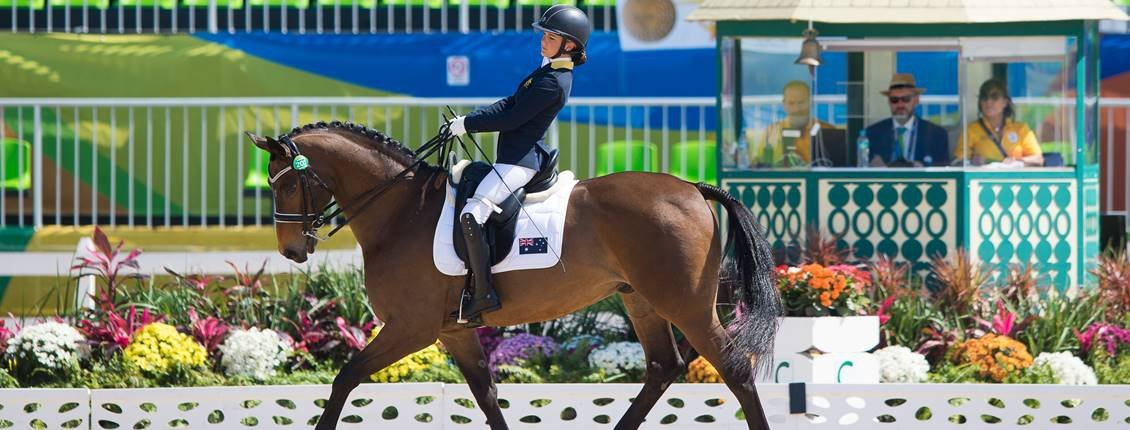
FEI Para-Equestrian Digest: Emma Booth
For this edition, The Para Equestrian Digest speaks to Australia’s Emma Booth, 31, about her work with training Thoroughbreds for para sport and the role horses have played in her life since the car accident that left her paralysed in 2013.
I was an Eventer prior to my accident and predominantly rode ‘off-the-track’ Thoroughbreds during this time.
Since becoming a para rider, I have been lucky enough to ride some beautifully bred and trained Warmbloods, but got to a point where I knew I’d find the challenge of retraining a Thoroughbred extremely rewarding. I put my feelers out and was given a retired racehorse called Pakaya Prince, aka Ben, by a local trainer named John Macardle.
I knew right away that Ben had a number of the attributes I would normally look for in a para dressage horse, and to make matters even better, he was a particularly good looking boy!
Personality-wise, Ben is a big teddy bear and a real sweetheart that loves to cuddle. He's got such a good brain, a really good work ethic, and he tries super hard; that is something that I think all successful high-level equestrian horses need to have, a good work ethic. He's just a lovely big bloke that looks after me and I can have a bit of fun with him. He's a great horse to keep me in the competition ring and more importantly, just to enjoy riding. He's such a fun horse and I can really trust him and relax with him.
It’s fulfilling getting to watch these lovely animals adapt to their new job and enjoy a meaningful, loving life after racing.
From my past experience with Thoroughbreds, I know they are particularly versatile, and for this reason expected them to be very trainable for para riders. For me, the trick is to give these horses a long enough spell after they retire to let their bodies and brains reboot, and switch off from their past career as a racehorse. I believe it’s important to take the training with them slowly. And if you give them the time and space to understand everything you’re asking of them, they’re generally a very willing breed and will try hard to please. In saying this, as with certain warmbloods, not every Thoroughbred will make a good para horse.
Para horses generally need to have a constant desire to move forward without tension. If you have a horse that is too sensitive or “hot”, this can lead to them overreacting to the aids and then getting nervous about what’s happening or what you’re asking of them. I only ever use my whips with gentle taps as a compensating leg aid but as with warmbloods, if they’re too sensitive, asking for anything with whip commands can become near impossible while keeping the body relaxed and supple at the same time.
Horses have played a huge role in my life, and I’ve always been extremely passionate about riding.
But it wasn’t until my ability to walk and run was taken away from me in 2013, that I could completely appreciate the significant roles horses play in bringing purpose and meaning to people’s lives, and how perceptive horses are to their riders.
My main para competition horse – who took me to two Paralympic Games and a World Championship – was called Zidane. I still believe that he was capable of reading my mind! Zidane somehow knew what I wanted even when I could not use my legs to give him direction, and sometimes I didn’t even 100% know what I physically did to achieve a particular movement with him.
Zidane was a particularly special horse and he was so in tune with me and my way of riding. But more than that, he was probably the most healing aspect of my life after it was completely turned upside down at the age of 21. He did for me what no person or people could have to help get my life back on track, and I’ll forever be truly grateful to him for this.
It’s ironic that this level of acceptance and understanding has sometimes been lacking outside of the horse world.
The main inclusion issue I face in day-to-day living is people asking invasive, personal questions. Let me clarify, I don’t have a problem with people asking questions - this is how we create positive forms of communication and break negative stigmas around people with disabilities. However, asking someone in a wheelchair “What happened to your legs?”, “How long are you going to be in that thing?” or “Can you have children?” when you’ve literally just met them, aren’t the type of positive, respectful questions I’m talking about.
These aren’t made up scenarios either. I can assure you this type of thing happens time and time again. And this often happens in a setting such as a supermarket when I’m simply trying to go about my daily business. I once had a lady come up to me in the street and tell me she wished she could put her hands on me, tell me to walk to her, and that I would be able to.
I vividly remember I’d only recently been discharged from hospital after what can only be described as the most difficult six months of my life - physically and mentally. I very nearly lost my life so I was grateful to be back home with my family and was just wanting to start feeling like a regular 21 year old again.
My sister and I were waiting in a very short line to be seated at a café for brunch when the woman standing behind us looked at my wheelchair and asked, “What happened?” That was all she asked. She didn’t introduce herself, or ask how our day was going. Nothing humane like that - she just asked “What happened?” I think back and wish I had answered differently, but I was shocked and all that came out of my mouth was “car accident”. I thought this would be enough to stop her but unfortunately it wasn’t. “Were you the driver?” she asked, as if this would change her opinion of me.
Luckily the waiter soon interrupted and took us to a table. I remember being so shook up. Every emotion I’d been trying to manage over the past six months was about to bubble over, all because someone I’d never met felt they had the right to pry, and ask me such a personal, emotionally triggering question.
The point of this story is that you don’t know where someone is at in their journey.
The point of this story is that you don’t know where someone is at in their journey. You don’t know and frankly it’s none of your business. This is basically the equivalent of approaching someone you have never met, with zero context and asking them “Can you tell me about the most horrific, life changing, emotionally challenging thing you have ever experienced?” People simply wouldn’t do this, so they shouldn’t feel like they can ask someone with a disability the same.
So yes, ask questions. Ask questions that are thoughtful, considerate, or that might be educational. Not personal questions you would never even think to ask an able-bodied person you don’t know. Just because we are disabled, doesn’t mean you have the right to ask us anything you want, with no thought towards how it might make us feel.
Article written by FEI


